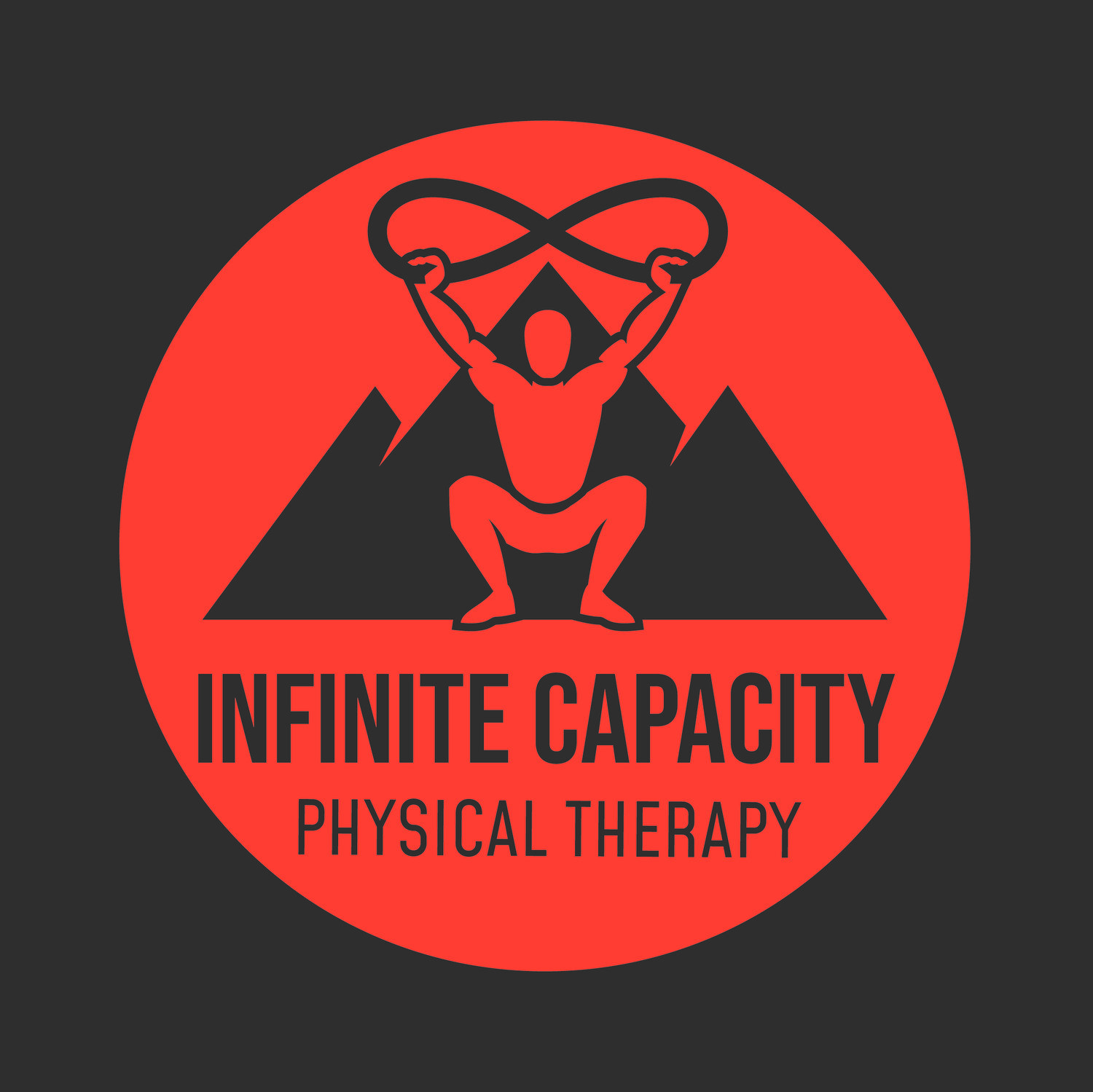Pelvic Floor Dysfunction: The Hidden Limiter in Functional Fitness
By Dr. Julie Pettit-Lane
Introduction
You’ve been showing up consistently at your CrossFit box, tracking your macros, and chasing PRs—but something still feels off. Maybe you leak during double unders, feel pelvic pressure with heavy lifts, or struggle with hip or low back tightness or pain that doesn’t respond to stretching. These could be signs of pelvic floor dysfunction—a commonly overlooked but critical factor in performance for functional fitness athletes.
At Infinite Capacity Physical Therapy, we work with athletes to reclaim control and strength of their pelvic floor that may be holding them back.
What Is Pelvic Floor Dysfunction?
Your pelvic floor is a group of muscles in both women and men that support your bladder, bowel, and reproductive organs—and it plays a massive role in core stability, breathing, and managing intra-abdominal pressure. When it’s not functioning optimally (either too weak, too tight, or uncoordinated), you may experience:
Leaking urine during box jumps, double unders, or sneezes
A feeling of heaviness or pressure in your pelvic region
Pain with sex or during core movements
Lower back, hip, or SI joint pain
Difficulty breathing or bracing properly under a barbell
Leaking of gas at the bottom of a squat
These signs often get dismissed as “normal” in the gym community—especially for women—but they’re not! They’re signs your body may be compensating and not operating as efficiently or powerfully as it could be.
Why It Matters in Functional Fitness
In functional fitness and CrossFit, nearly every movement—whether it’s a kipping pull-up or a heavy deadlift—requires a coordinated effort between your core and pelvic floor. If that foundation is unstable, you might be:
Overusing secondary muscles (like your low back or hip flexors
Avoiding movements out of fear of leaking or discomfort
Plateauing in your lifts or experiencing recurring injuries
What’s worse: most people don’t even realize these issues are pelvic-floor related.
How a Pelvic Floor Physical Therapist Can Help
At Infinite Capacity PT, we take a performance-based approach to pelvic floor therapy. That means we don’t just help you function—we help you thrive in your training.
Your personalized plan may include:
Movement assessments specific to your lifts and WODs
Internal and external pelvic floor assessments (when appropriate and with consent)
Breath and bracing retraining for proper core engagement
Progressive strength programming to restore pelvic floor balance
Return-to-performance guidance, so you don’t have to guess when to resume high-impact activities
Our clinic in South Portland, Maine is designed for athletes. We understand your goals, and we’ll help you reach them without making you stop doing what you love.
When to Seek Help
You don’t need to be postpartum, injured, or soaking through your bottoms to benefit from pelvic physical therapy. If you:
Leak urine at all during workouts
Struggle with deep core activation
Feel unstable during lifts or gymnastics
Experience pelvic or hip pain that doesn’t resolve
Just want to make sure your foundation is solid
… then pelvic PT could make a significant difference in how you move, feel, and perform.
Conclusion: Performance Starts at the Pelvic Floor
Pelvic floor dysfunction isn’t just a postpartum issue—it’s a performance issue, and one you don’t have to live with. If you're an athlete dealing with symptoms or simply want to optimize your training from the ground up, we’re here to help.
